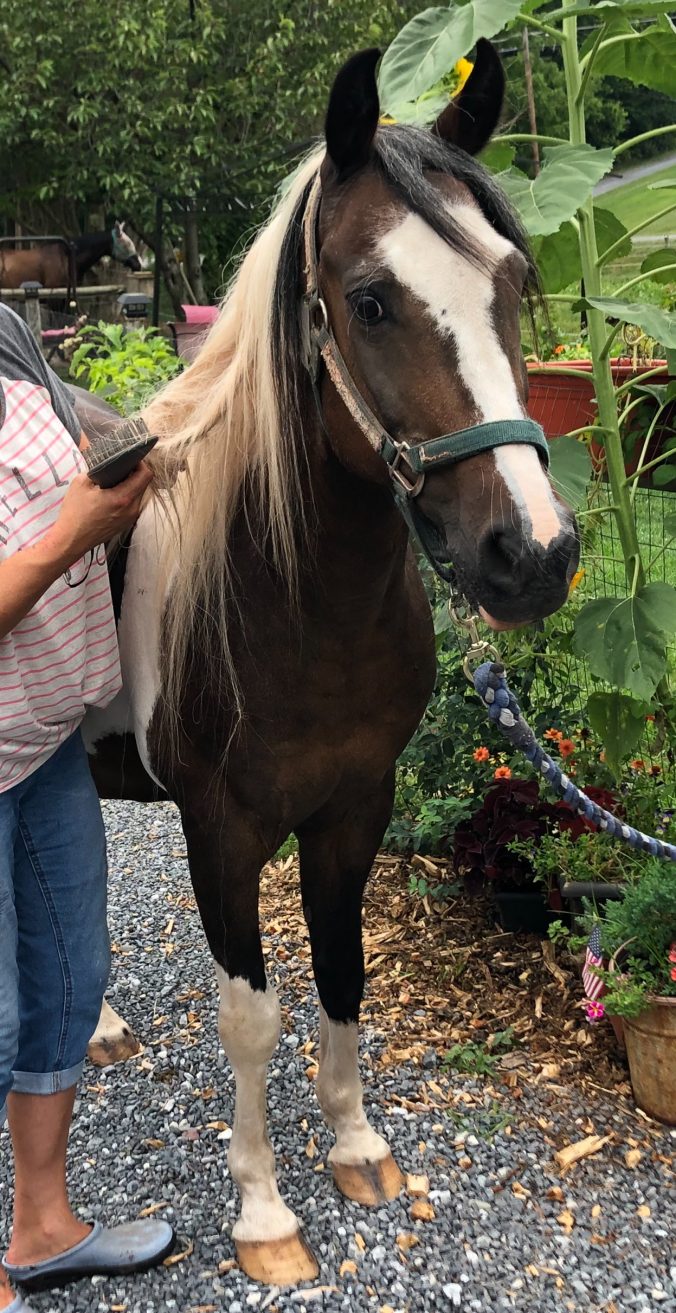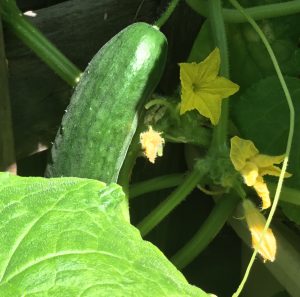Things are not always as they appear. The paint pony here at Horses and Healing has such an amazingly thick and long mane. He sometimes comes in from the field with his mane “plated”, as if someone had braided his hair. Wives tales indicate that this is a sign of gypsies marking a horse to steal it in the night. Folklore also implicates witches and faeries for various reasons. If you have ever witnessed what these “braids” look like you can most likely understand why our ancestors might believe humans were responsible. It seriously appears as if someone has been twisting and braiding the mane/tail of the horse. The truth lies in the fact that the wind and pasture mates are often responsible for this mess, and it really is a mess, when a horse is blessed with beautiful hair.
According to history, when these braids were discovered folks would pay extra attention to their horses. When a horse was found with “gypsy knots” in their mane or tail the owner might go into defensive mode to prevent loss. Knowing what you know now, can you imagine the energy expended and the anxiety provoked from such a discovery? What if our ancestors had reframed this experience as a natural occurrence?
I invite you to reflect on how this may apply to your everyday life or the life of someone that you love. There are times when we all may jump to conclusions about our experiences based on what we believe to be true. This often leads to stressing about about things that are out of our control and showing up in ways that keep us from exploring alternate realities. I’m sure you recall that our experiences and thoughts shape our behavior. How do we reframe the things in our life that we may not be seeing clearly and that are potentially not useful for us? It is possible to fact check our thoughts and reconsider what we may have previously held as “truths”, just as those who first realized how unlikely it was that gypsies were sneaking into pastures at night to practice mane braiding. Let’s work together to smooth out those “knots”.


 It was just a few days ago that we picked our first cucumber of the year at Walnut Hollow Farm. We haven’t had much luck lately with cukes; squash bugs destroyed the plants 2 years ago and last year our spoiled hens found the ripening veggies quite tasty. It amazes me how excited I get about little things like this. As a child, toiling in my parent’s garden was a huge chore for me. Now I Look forward to growing my favorite herbs, tomatos, eggplants, and other vegetables. I share pictures on Instagram and report on growth progress and flowering to my husband.
It was just a few days ago that we picked our first cucumber of the year at Walnut Hollow Farm. We haven’t had much luck lately with cukes; squash bugs destroyed the plants 2 years ago and last year our spoiled hens found the ripening veggies quite tasty. It amazes me how excited I get about little things like this. As a child, toiling in my parent’s garden was a huge chore for me. Now I Look forward to growing my favorite herbs, tomatos, eggplants, and other vegetables. I share pictures on Instagram and report on growth progress and flowering to my husband.
 Tip: Check out the wellness tracker. It’s a simple but powerful tool designed to help you remember the promises you make to yourself. As you complete wellness activities your tree will blossom, and so will you!
Tip: Check out the wellness tracker. It’s a simple but powerful tool designed to help you remember the promises you make to yourself. As you complete wellness activities your tree will blossom, and so will you!

